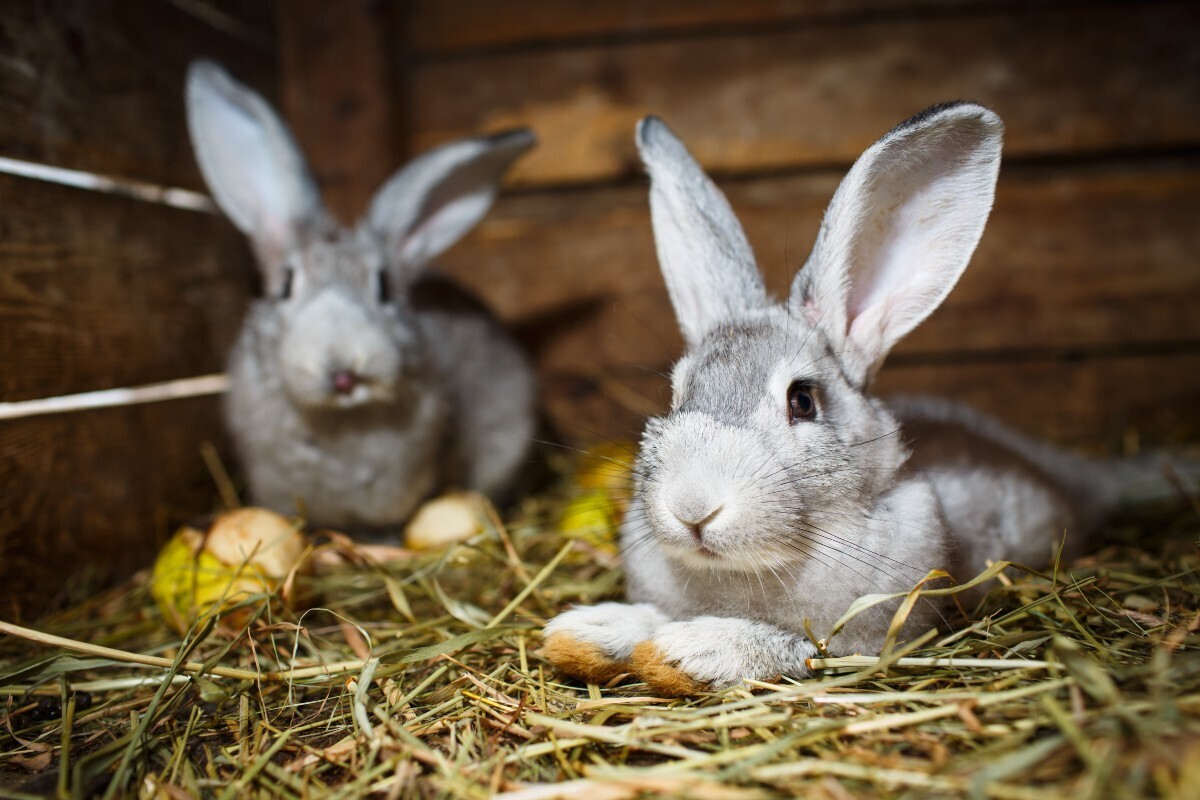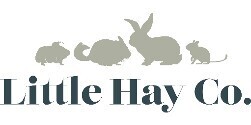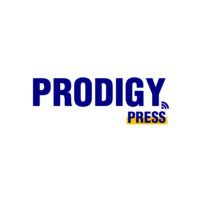The Little Hay Co Advocates for Natural Feeding as Commercial Rabbit Food Fails to Meet Consumer Standards
A UK-based producer of natural, plant-based feeding hay, grasses and treats for small animal species, The Little Hay Co., has cautioned pet owners about the substandard ingredients present in some lower-quality manufactured rabbit foods – often labelled as complete pellets.
Rabbits should primarily eat hay, supplemented with leafy greens, vegetables and herbs, so complete foods should be used sparingly rather than as the basis for a healthy diet. Rabbit hay should be the main food source, and an adult bunny will eat a volume of fresh hay around the same size as its body to remain active.
Independent Testing Reports Health Risks Present in Rabbit Feed
Rabbits (and other animals, such as guinea pigs) should eat a diet of around 80% fibrous hays and grasses, which prevents teeth from overgrowing and supports healthy digestion. Mass-produced food products should adhere to food safety and animal welfare standards set by the UK Food Standards Agency (FSA).
While the FSA is responsible for the regulatory environment in Britain, animal food products should also conform to international quality standards, particularly where food items are shipped globally or retailed through larger chains with a cross-border presence.
Tests conducted in December 2022 by the Consumer Council in Hong Kong analysed 12 rabbit feed products purchased online and from pet food suppliers and found that:
- 60% of products marketed as complete food failed to meet minimum standards.
- Rabbit food contained minerals and nutrients that were either too high or too low to be safe for animal consumption.
- Eight of the twelve products tested did not pass labelling assessments, with either absent or vague advice that could cause over or under-feeding.
Consumers, animal lovers and those working in welfare and rescue have long known that mass-produced food products for other species, such as dogs, can be highly variable in quality.
However, this new testing sheds an alarming light on substandard quality in rabbit food, which could cause significant health risks, particularly for younger or older animals or those with other health conditions.
The Case for Natural Rabbit Feeding
Most small animal owners combine varied food sources. This approach is ideal, where rabbits gain stimulation and positive health benefits from grazing and foraging for food as an enrichment activity, replicating their instinctive feeding patterns rather than eating solely from a bowl.
The RSPCA does support pellet feeding but advises that rabbits should not eat muesli-style foods and should only have around 25 grams of pellets for each kilo of body weight, equivalent to roughly two egg cups of pellets for a fully grown adult rabbit.
Machine-produced rabbit food is not necessarily harmful, but these recent investigations reflect the need to be conscious of the prevalence of inferior complete foods on the market and highlight why feeding fresh, natural hay is a far better way to ensure the health and well-being of all domestic rabbits.
The Little Hay Co is a specialist producer of premium animal products, ranging from hays and grasses to forage bundles, bedding and treats, all based on natural ingredients. It recommends rabbits eat the highest quality hay, with an innovative process that ensures all bales are harvested with a balanced moisture content.
All-natural feed and hay are the perfect way to ensure rabbits are healthy and satiated, avoiding the nutritional imbalance caused by poor standard complete pellets.
Examples include timothy hay, meadow hay, dried herbs and fruit snacks, such as alfalfa pellets, dried apple slices and barley rings – although fruits and higher sugar content snacks are designed as a treat for bonding and hand feeding, not an everyday foodstuff.
Consumers concerned about the quality or nutritional value of the foods they purchase should look for detailed ingredient lists and feed up to two tablespoons of fruits with a high-fibre content every two days as a maximum.
Read more about The Little Hay Co - The Little Hay Co. Warns Pet Keepers About the Fire Hazard of Substandard Feeding Hay
Media Contact:
Masie Copestake
The Little Hay Company
Instagram: @littlehayco
About The Little Hay Co
The Little Hay Co is a producer of premium, high-quality, delicious hay for rabbits and other small animals, based in the heart of the Costwolds, UK. The premium hay producer grows specially selected grass species, harvested at the optimum moment to ensure the creation of quality pet hay, to encourage the best daily intake of food and the best welfare for pets, clean from harmful spores.
***



